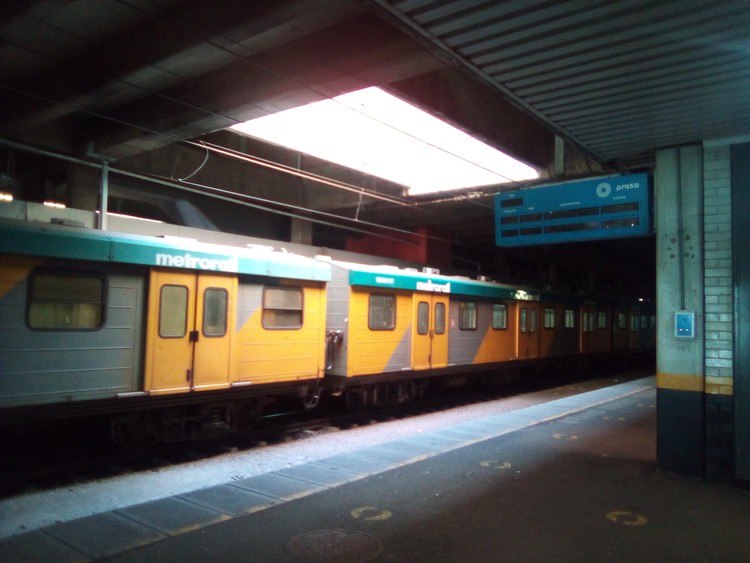Covid-19: Trains overcrowded as rail service battles to keep up with demand
UNTU accuses PRASA of flouting safety rules
Commuters in Durban say they have no choice but to use overcrowded trains as the cheapest way to get to work. Photo: Nokulunga Majola
- Many trains in Durban have returned to pre-Covid-19 overcrowded conditions.
- Commuters say many passengers no longer wear masks and people are standing shoulder-to-shoulder in carriages.
- Trade union UNTU has accused the rail agency of flouting Covid-19 safety regulations.
- PRASA says trains are overcrowded due to ageing infrastructure, limited supply of components for maintenance as well as cable theft and vandalism.
While the country continues to endure hundreds of Covid-19 deaths weekly, commuters in Durban say they have no choice but to use overcrowded trains as the cheapest way to get to work.
The Passenger Rail Agency of South Africa (PRASA) blamed the overcrowded carriages on the shortage of trains in the province.
During a commute on the Umlazi line last week, people were seen standing shoulder-to-shoulder in the carriages, many of them not wearing masks. In a video taken by our reporter, people can be seen squeezing past one another to get out at their stations. No safety marshals — meant to enforce physical distancing — were seen on the carriage or on the platform.
Some commuters we spoke to said that the pandemic and the effects of the subsequent lockdown had hit them hard financially. Travelling by trains is their only option at the moment as a train ticket from Durban to KwaMnyandu in Umlazi is R7.50 compared to a taxi which costs R20.
Nkululeko Mavimbela from Umlazi said the trains she takes daily are overcrowded. “I only take trains when I am not in a hurry especially in the afternoons. It is always packed. People seem not to care that there is a virus out there. All they care about is how much they are saving,” he said.
Mavimbela said regular delays in the train schedule also contributed to packed carriages during peak times. “I think the solution would be to add more trains to avoid overcrowding,” she said.
Commuter Thabsile Gama said PRASA should be monitoring whether all Covid-19 regulations are being observed at stations. “What are the marshals for if we are going to have these issues? I try my best but it is difficult to maintain distance from someone when a train is packed. I don’t understand why people think it is okay not to wear their masks, especially in public.”
In October, the United National Transport Union (UNTU) demanded that the Transport Minister Fikile Mbalula be personally held accountable for PRASA’s blatant disregard of Covid-19 regulations and the safety of commuters and its employees.
Dan Khumalo, acting general secretary of UNTU, said Mbalula was not only responsible for PRASA but also for the Railway Safety Regulator, which is meant to operate as a watchdog of rail safety. Khumalo criticised PRASA for “gambling with the lives of commuters.”
PRASA spokesperson Zama Nomnganga said that the shortage of train sets was due to ageing infrastructure and a limited supply of components to maintain them. Nomnganga said cable theft and vandalism was also a major challenge in Durban.
“When trains are cancelled or delayed commuters rushing to work are forced to take whatever train is available which leads to no Covid-19 regulations being observed by some commuters especially inside the train,” he said.
Nomnganga said: “We have marshals at all our stations but it seems we don’t have enough staff to control commuters. Also, commuters enter trains wearing masks but take them off once inside. We are getting more security personnel to control commuters and to ensure that they follow regulations once inside our trains.”
Next: Legal opinion scuttles appointment of new Lottery chair
Previous: Overcrowding in Wolwerivier triggers land occupation
© 2020 GroundUp. This article is licensed under a Creative Commons Attribution-NoDerivatives 4.0 International License.
You may republish this article, so long as you credit the authors and GroundUp, and do not change the text. Please include a link back to the original article.



